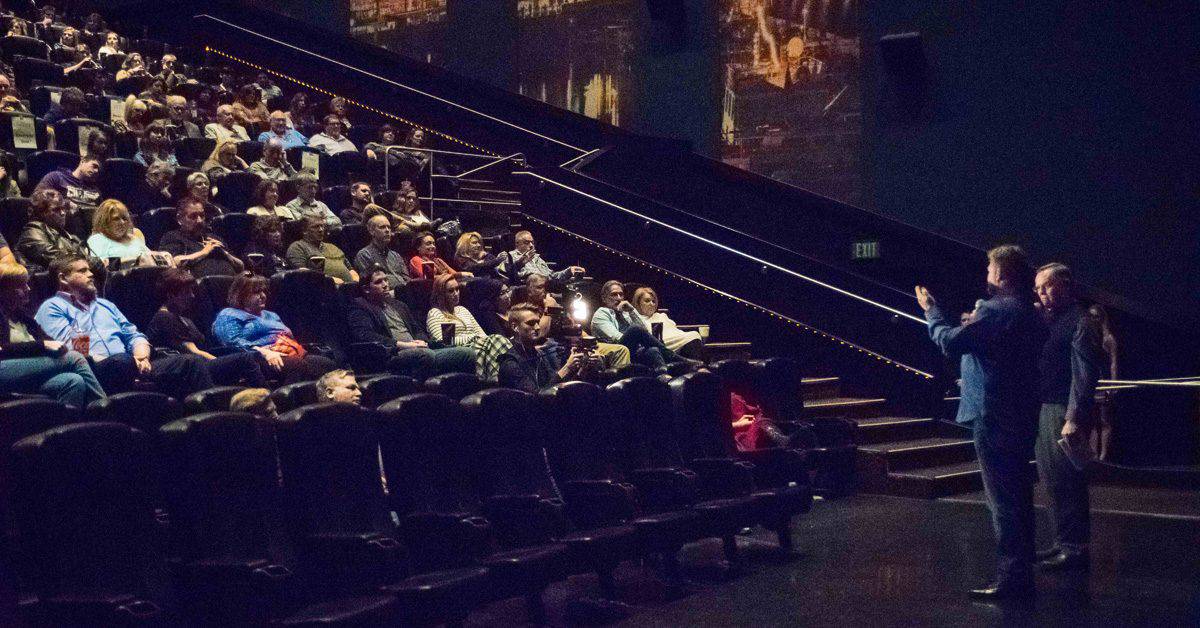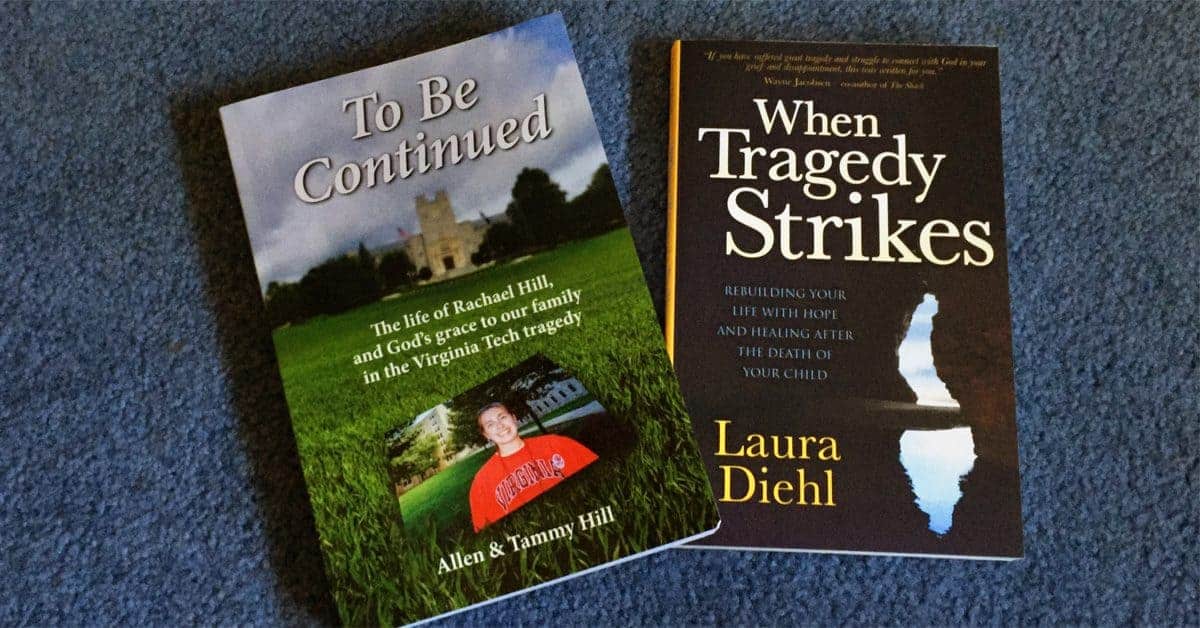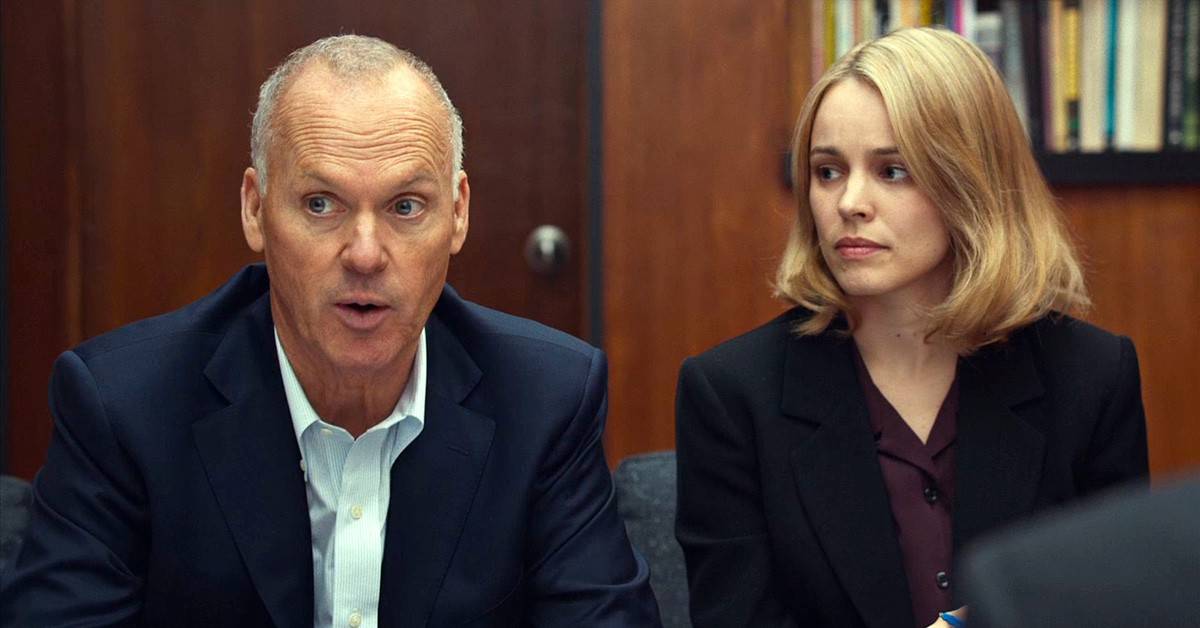Nashville Statement Takes Evangelicals the Wrong Direction
It seems the Pharisees gathered in Nashville last week and carved out a stand on morality, marriage, and sexuality that they say is “essential” to the faith. It’s called The Nashville Statement and is the work of 150 conservative religious leaders convened by The Council on Biblical Manhood and Womanhood. As soon as I saw the headlines and those involved, my heart sank.
Why in this day of growing national animosity would so many religious figures publish yet another proclamation against the sins they most detest? There’s nothing new here. Their positions are already well known, but society continues to move away from them. Not surprisingly the list of signatories were mostly white and mostly male representing those groups that tend to focus on morality more than Christ. I can’t imagine anyone could sign this document who understands the heartbeat of our Father for the brokenness of the world. Certainly some had to ignore that inner sense that this was a bad idea. Perhaps they felt pressured to sign or others would accuse them of compromise.
While I agree with much of what it says about morality and seek to live my life accordingly, that is only true because of the grace God has given me. As a whole, this exercise represents the wrong message, time, and means to share God’s light with the world. It may give the home team something to cheer about, but at what cost to the Gospel? Moralists always go large on sex and remain strangely silent about religious arrogance, gossip, the excesses of capitalism, and ignoring the log in your own eye while you try to rip the sawdust out of someone else’s.
This statement re-draws the same lines of exclusion that has plunged evangelicalism into irrelevance over the past half century and does nothing to invite people into God’s reality. This is a statement the Pharisees might have generated when Jesus was spending too much of his time with those they regarded as sinners. It has more in common with their agenda for the culture, than it did for Jesus, who was bent on winning people into Father’s love as the conduit into a transformed life, rather than laying out the rules and compelling people to follow.
Now we have a new statement to wave around as a litmus test of Biblical morality that Christians will have to pledge allegiance to or be judged as soft on sin. Well, as a passionate follower of Jesus Christ and one that embraces the moral safety of Scripture, I reject this Statement on the following grounds:
- It packages God’s desire for humanity as Law to obey instead of a Loving Father to embrace. As such it repudiates the Incarnation of Christ to win by love and affection what law and obedience could never win. Left to itself, this Statement distorts how God rescues people from their own brokenness and restores them through love and transformation.
- As a political statement it confuses the differing role of government and the faith community in matters of marriage and sexuality.
- It smacks of religious arrogance by calling its conclusions “essential” for faith, and attacking those who see it differently as “foolish” and “bent on ruin.” It overstates the conclusion of Scriptures to support their own prejudices and fears and there is no humility that admits even those who believe these things have a difficult time living true to them. Shouldn’t we clean our own house before telling others how to clean theirs?
- It assumes that Christianity has a handle on masculinity and femininity when religious environments are notorious for stereotyping those distinctions to selectively distribute power rather than embracing the revelation of God.
- It offers no compassion, kindness, or hope for people who do not conform to their view of morality. Instead it will embolden those whose animosity and fear seeks to hurt those who disagree with them and it will add further condemnation and despair to those who do not yet know God’s love for them.
If moral statements such as this one is the best hope Christianity brings to the world, we have missed the most endearing realities of the Gospel. If Jesus had offered a Statement of Morality to the woman who had been caught in adultery, would it have given her any hope that she could approach the Father Jesus wanted her to know?
Religious leaders and secular advocates want to force us into one of two camps: I must force biblical morality on those who do not see it to the despair of those who cannot live it. Or, I can be compassionate by abandoning my convictions about morality. I refuse to accept this false dichotomy. It is possible to hold my moral convictions while at the same time loving and caring deeply for those who don’t. This is better communicated in conversations with people you know and care about, rather than making public proclamations.
We need a different conversation with our culture, one steeped in kindness and respect across our deepest differences. We don’t have to compromise our morality to love others who may not have the same anchor we do. We don’t have to pound them over the head with our moral views when they don’t yet know the God we know. What we can champion together is the freedom of each person’s conscience that allows them to see these things differently without either side employing the power of the state to force their preferences on others. There has never been a time when followers of Christ need to learn how to be “wise as serpents and harmless as doves.” The Nashville Statement does neither.
Perhaps they could learn something from my wife. Our backyard is filled with an English garden that blooms profusely year-round. People come to marvel at what my wife, Sara, has created here and only I know the hours she invests every week to keep it so beautiful. A while ago we got a new puppy and one day when I went into the garden to talk to her, I saw the puppy digging a large hole in one corner of the garden on the opposite side where Sara was working. Seeing the plants strewn about, I assumed the new pup was in big trouble.
“Sara, do you know what’s going on over here behind your back,” I called to her.
“With Zoey?” she replied never turning around. “I do,” and I could hear the smile in her voice.
Uncertain she knew the gravity of the situation I asked her if she know how big it was. ”You could bury a small cadaver in there,” I chuckled as I approached her.
“It doesn’t matter. I just want her to enjoy being in the garden with me every time I’m here and if I’m always yelling at her she won’t. So, she can do whatever she wants this year. Next year we’re going to learn how to be in the garden without destroying it.”
Until people are endeared to God because of how wonderful he is they won’t care about the things he says, especially if they think he hates and rejects them. We would do better investing our time and resources in helping them discover a God worth loving for himself.
I have a quote on my computer I got years ago from an AIDs outreach video. “Sometimes we withhold grace until we are sure people understand their sin. But it is in the giving of grace that we remind people that they need to go to Jesus to find their own. People understand their sin without our help; it’s grace they need help understanding.”
Maybe if we truly understood grace, we would spend less effort crafting moral statements and more loving others like God loves us. That’s how Jesus said he would change the world. Let’s try that!
Nashville Statement Takes Evangelicals the Wrong Direction Read More »















